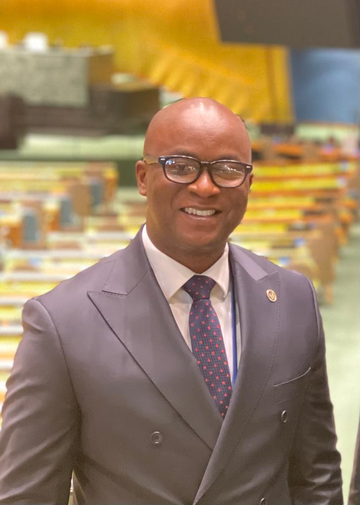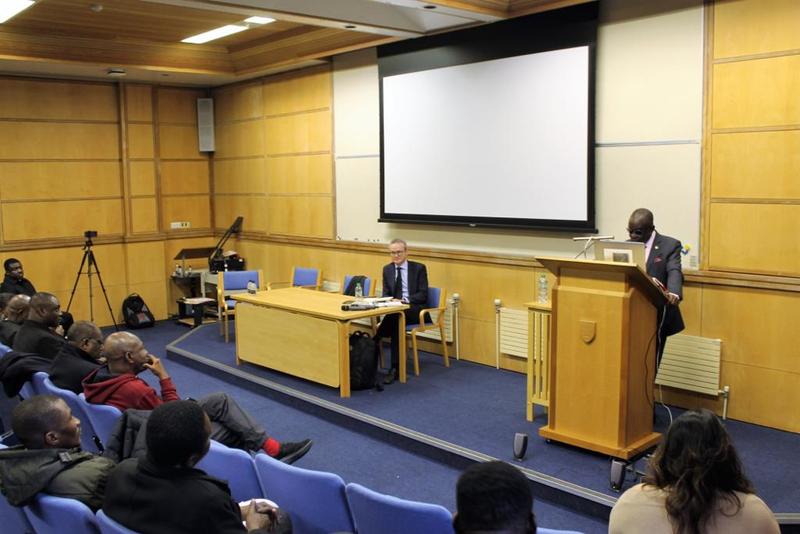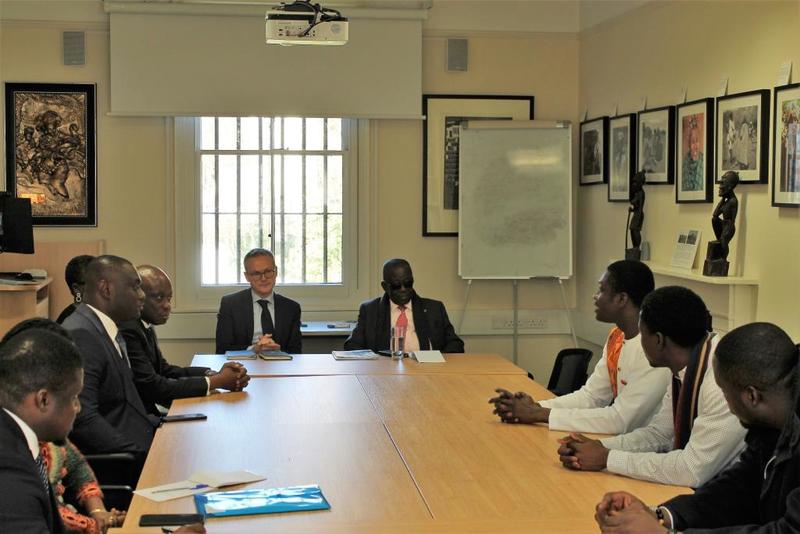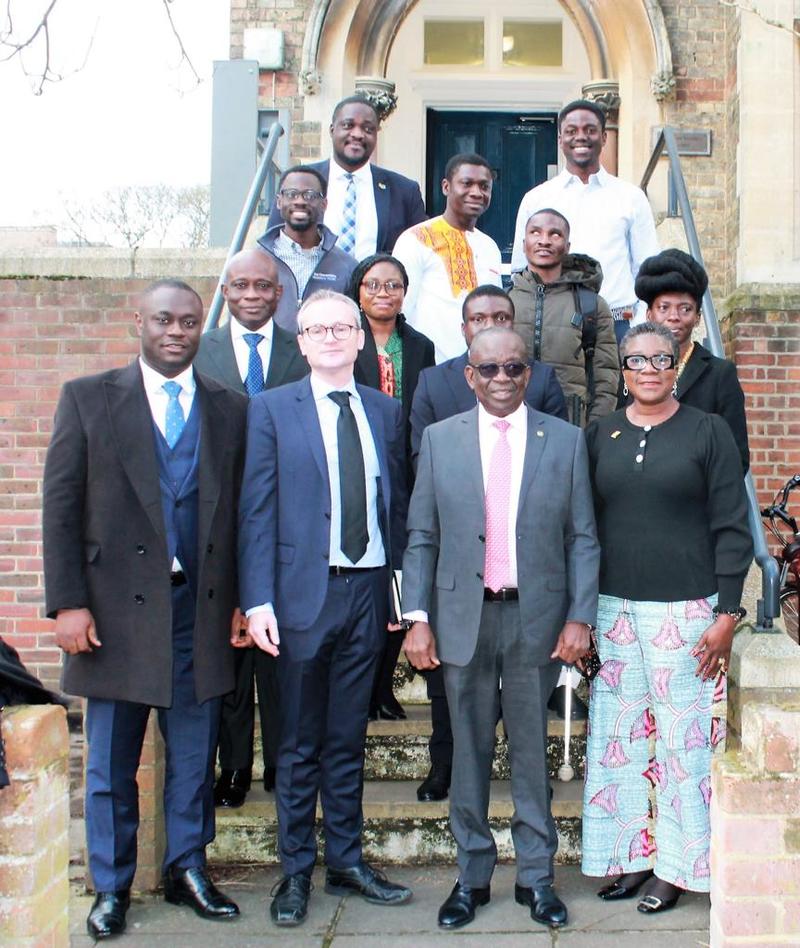Human Security and Democracy in Ghana and West Africa
ASC Director Miles Larmer hosts Ghana’s Minister for National Security, Hon. Albert Kan-Dapaah
My visit to Ghana in December 2022 also enabled a meeting with Edward Kwaku Asomani, an alumnus of the MSc in African Studies who now occupies the key position of National Security Coordinator. Ghana, although one of Africa’s most democratic and open societies, faces numerous interrelated challenges that threaten its society, environment and economy. Along with much of the African continent, the Ukraine crisis has fuelled inflation and necessitated a requested bailout of the country’s economy by the International Monetary Fund. Meanwhile, the growth in authoritarian military regimes in Sahelian West Africa – in Guinea, Mali and Burkina Faso – has stalled the deepening of democracy and political accountability in West Africa. The failure of France’s military attempts to combat radical jihadism, and the unpopularity of French armed forces, have created opportunities both for a reassertion of military rule and for the growing influence of non-Western militaries, particularly the Russian Wagner Group.

Edward Kwaku Asomani, MSc in African Studies alumnus, now National Security Coordinator of Ghana
As a result of this connection between Ghana and Oxford, the African Studies Centre hosted Ghana’s Minister for National Security, Hon. Albert Kan-Dapaah, on 22 February 2023. Speaking on the subject ‘Challenges To Democracy In West Africa: Ghana's Role In Regional and International Cooperation’, the Minister spoke eloquently about the historical and more recent origins of West Africa’s current situation. He emphasised the considerable achievements of West Africans in overcoming the legacies of colonialism and deepening democracy in the region in the 1990s and 2000s. More recently, however, the adverse effect of the Ukraine crisis, the continuing threat of jihadist insurrection, and the recent resurgence of authoritarianism have created major new challenges to the region’s democratic countries. Put simply, can democratic governments demonstrate to their populations that democracy can deliver human security and material improvements to their lives and livelihoods? In this respect, the Minister explained that for Ghana to flourish, it requires specific support from its foreign allies, both in terms of military aid (as opposed to the unwelcome presence of foreign troops) and development aid.

Hon. Albert Kan-Dapaah, Ghana’s Minister for National Security speaking in Oxford
In a lively question-and-answer session, Minister Kan-Dapaah demonstrated the considerable value to Oxford in general, and the African Studies Centre in particular, of direct engagement with senior officials at the cutting edge of real-world decision-making on the continent. His presentation demonstrated that imminent military threats and economic crises cannot be delinked to the broader context of enduring poverty, inequality and human development.

Hon. Albert Kan-Dapaah, Ghana’s Minister for National Security in conversation
During his visit, the Minister also met with Ghanaian students and colleagues. He was evidently impressed by the range and quality of research being conducted by Ghanaians at Oxford, and emphasised the importance of closer cooperation between Ghanaian academia and state officials on the one hand, and current and former Ghanaian students of the University of Oxford in particular. The African Studies Centre will seek to build on the achievements both of the December 2022 workshop, and the Minister’s visit and talk, to strengthen ties with Ghanaian universities, institutions and alumni in the coming years.

ASC Director Miles Larmer and Oxford students with the Minister for National Security Hon. Albert Kan-Dapaah and the Ghanaian delegation



